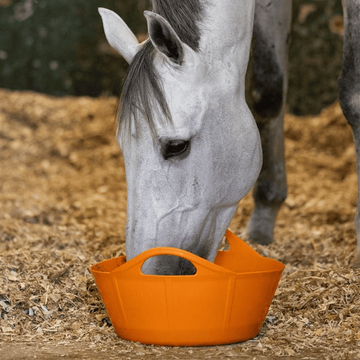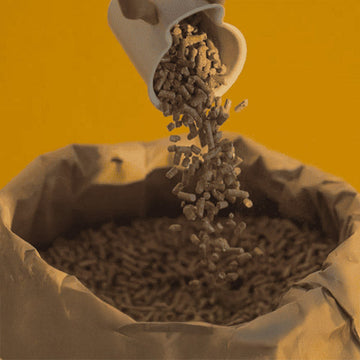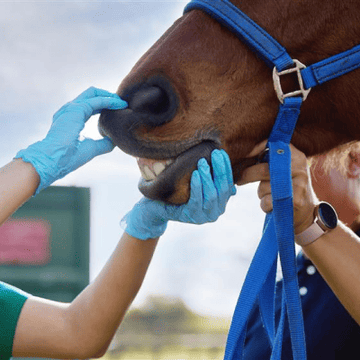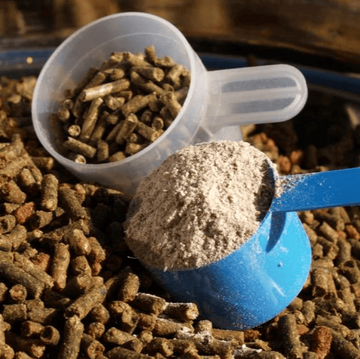It’s perfectly natural to want to reward our horses with “treats” when they deserve it, and there is no problem or risk in doing so. Still, to be completely safe, we must know what we can and cannot give them.
A horse’s diet should be as natural as possible, ideally with access to good pasture. Whether or not they have pasture, it’s essential to provide quality hay and fresh, clean water. As horses have historically been stabled and used for sport, it has become necessary to supplement their diet with concentrated feed to meet their higher energy, protein and vitamin needs.
Foods you can give horses occasionally:
Carrot, Apple (without seeds), Pear (without seeds), Watermelon, Plum (without stone), Apricot (without stone), Melon (without rind), Peach (without stone), Strawberries, Mango, Grapes, Raisins, Banana (peeled), Pineapple (peeled), Orange (peeled), Celery.
It’s important to remember that excessive consumption of any of these foods can unbalance the horse’s diet and its natural gut microbiota, which is not desirable. Moderation is key.
Foods NOT to give to horses:
-
Chocolate – Why? Large amounts can be lethal as theobromine is toxic to horses. In competition horses, it can also result in a positive doping test.
-
Meat – Why? Horses are herbivores; their digestive system is not designed to digest meat. Even without studies showing the effects, it should be avoided.
-
Dairy products – Why? Adult horses are lactose intolerant; giving cheese, milk, ice cream or yogurt may cause intestinal dysbiosis and diarrhoea.
-
Bread, cakes, etc. – Why? Processed human foods can cause abdominal pain (colic).
-
Tomato – Why? Contains a toxic glycoalkaloid also found in stems and leaves, plus atropine that can slow gut movement, leading to colic.
-
Garlic – Why? Contains N-propyl disulfide which damages red blood cells, causing anaemia.
-
Onion – Why? Also contains N-propyl disulfide with the same effect. This also applies to chives and leeks.
-
Potato – Why? Contains solanine, a toxic glycoalkaloid, especially when green or rotten.
-
Avocado – Why? Toxic to horses (contains persin); can cause irregular heartbeat, breathing problems, neurological dysfunction or colic, potentially leading to death.
-
Cruciferous vegetables (cabbage, broccoli, cauliflower, Brussels sprouts) – Why? Can cause excessive gas.
-
Mouldy or dirty hay – Why? Mould spores can cause irreversible damage to the horse’s respiratory system.
-
Feed made for other animal species – Why? What is good for cows, for example, can be harmful and even fatal to horses.



